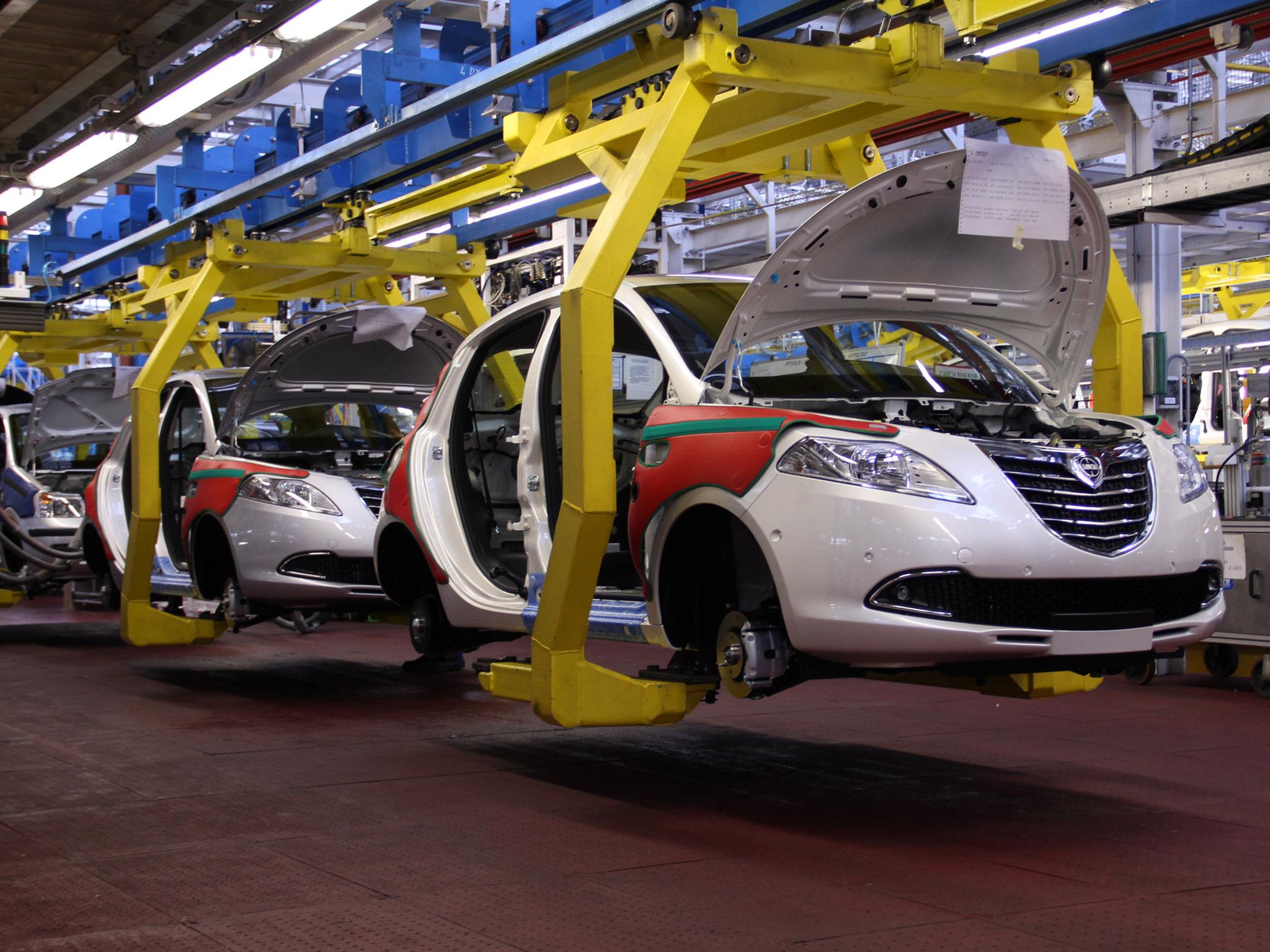Stockpiling will make post-Brexit mini recession 'almost inevitable', say economists
Businesses will run down stocks of imports built up before EU departure, leading to small contraction of economy, says CEBR

Stockpiling supplies of food and medicine to prepare for the UK crashing out of the EU without a trade deal may boost GDP in the short term but it makes a mini recession after Brexit “almost inevitable”, according to new research.
The Centre for Economics and Business Research (CEBR) said output could rise by 0.5 per cent because of the extra activity associated with building up supplies.
However, businesses are then likely to run down inventories in the months after Brexit, leading to a contraction in the economy, CEBR executive director Professor Douglas McWilliams said.
The government papers on the impact of a no-deal Brexit have highlighted the potential disruption – difficulties in obtaining medicines, sandwich ingredients and various other products.
However, the single largest cause of disruption will be raw materials and semi-manufactures, which account for £100bn of the UK’s £260bn of annual imports from the EU, Mr McWilliams said in a note.
Assuming that companies will want to stock an additional three months’ worth of raw materials and semi-manufactures imported from the EU and an additional month’s worth of supplies of finished manufactures would imply additional imports of £38bn, a little less than 2 per cent of annual GDP.
According to the research, production and processing of these additional imports will add about £10bn to GDP.
“There is some evidence that a rise in inventories is already happening (eg the rise in inventories in Q2 2018 was greater than the rise in GDP), though it is not necessarily Brexit related,” the CEBR said.
“Our rough calculation is that GDP will be boosted by 0.5 per cent on average above the underlying trend in the three quarters from July 2018 to March 2019. And that it will be reduced by an equivalent amount for the rest of 2019. This makes a post-Brexit mini recession almost inevitable.”
The organisation added that the estimates have to be based on “anecdotal evidence, surveys and intuition” because it is hard to find an equivalent episode to Brexit for comparison.
Subscribe to Independent Premium to bookmark this article
Want to bookmark your favourite articles and stories to read or reference later? Start your Independent Premium subscription today.

Join our commenting forum
Join thought-provoking conversations, follow other Independent readers and see their replies